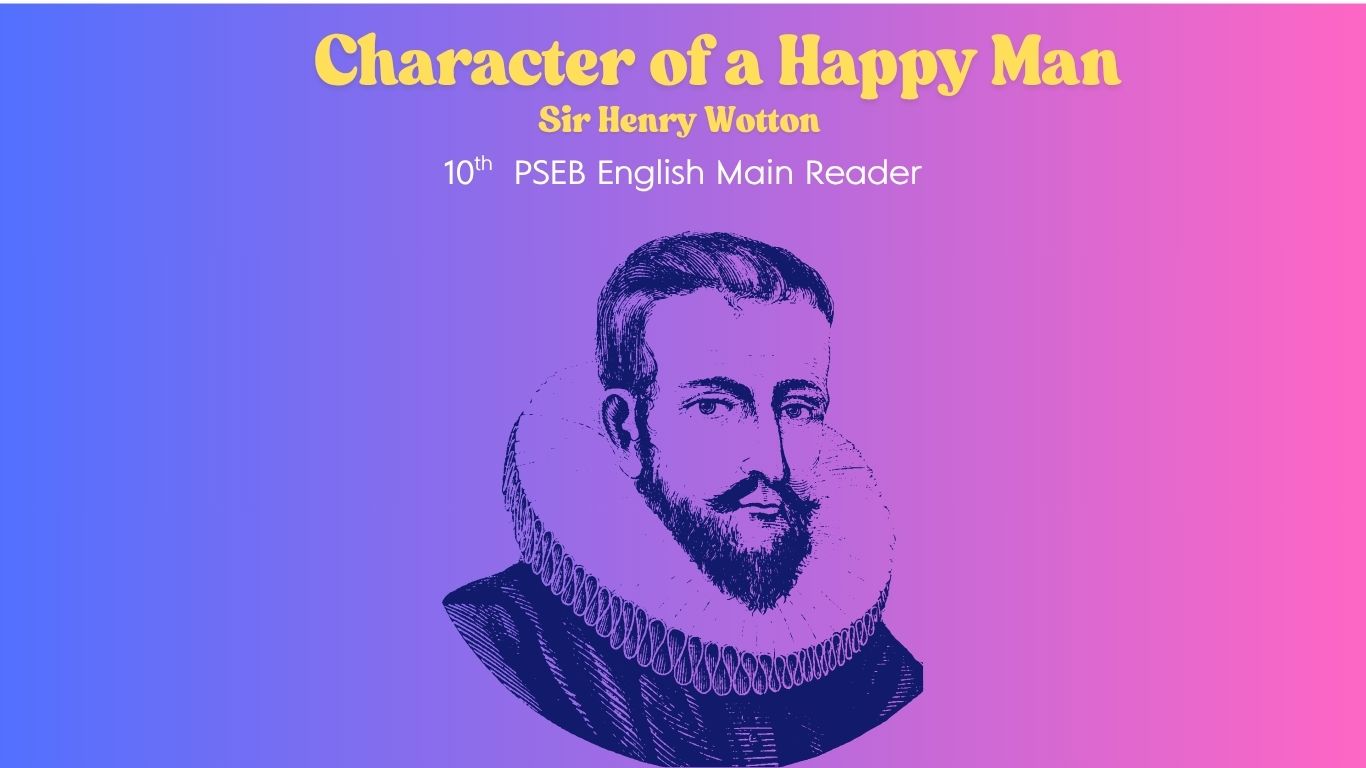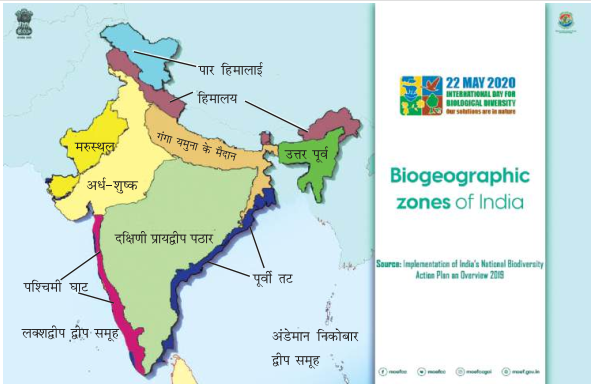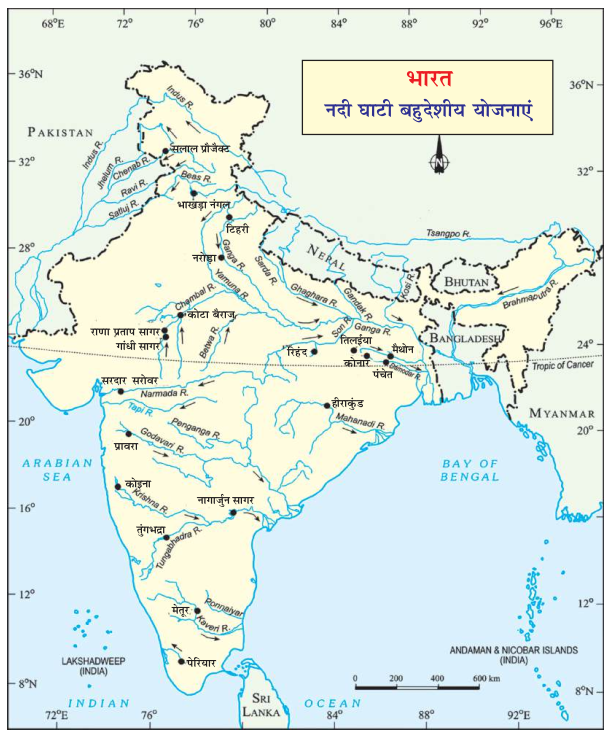Character of a Happy Man – Enjoying the Poem
-
What does the poet want to say in the poem?
The poet wants to say that true happiness comes not from external possessions or worldly success, but from inner qualities like honesty, self-control, truthfulness, contentment, and a strong faith in God. A happy man is free from envy, ambition, and the control of others’ opinions. -
Write a note on the central idea of the poem.
The central idea of the poem is that a truly happy man is one who is master of himself and his passions. He lives a life guided by honesty, simple truth, and a clear conscience. He is not swayed by public fame or private criticism, is free from envy, and finds contentment in simple pleasures like a religious book or a friend. His ultimate security and peace come from his faith in God, making him rich even when he possesses nothing material. -
Write a summary of the poem in your own words.
The poem “Character of a Happy Man” describes an individual who achieves true happiness through internal virtues rather than external circumstances. This man is not bound by another’s will; his protection is his honesty, and his skill is simple truth. He controls his passions and is always prepared for death, unconcerned with public opinion or worldly fame. He doesn’t envy those who rise by chance or vice, and understands that praise can sometimes be a means to harm. He prays to God for grace, not gifts, and enjoys his days with a good book or a friend. He is free from the anxieties of ambition or fear of failure, being lord of himself, even if he owns no land. In essence, though he may have nothing, he possesses everything that truly matters. -
Explain the lines.
“Whose armour is his honest thought
And simple truth his utmost skill !”
These lines mean that a happy man’s best defense or protection (“armour”) against the world’s troubles and deceit is his own honest and pure thoughts. His greatest ability or talent (“utmost skill”) lies in his adherence to simple, unadulterated truthfulness in all his dealings. He doesn’t need elaborate strategies or deceptions because his integrity is his strength. -
How does a man become really happy?
According to the poem, a man becomes really happy by:-
Being honest and truthful.
-
Controlling his passions and desires.
-
Not being dependent on others’ will or opinions.
-
Being free from envy and worldly ambition.
-
Having faith in God and praying for grace.
-
Finding contentment in simple things.
-
Being master of himself.
-
-
How does ‘a religious book or a friend’ give happiness?
‘A religious book or a friend’ gives happiness by providing harmless, wholesome, and enriching entertainment or companionship. A religious book can offer spiritual guidance, peace, and wisdom, while a true friend can offer support, understanding, and shared joy, contributing to a contented and peaceful day. -
How does a contented man have all without having anything?
A contented man has all without having anything because his richness lies not in material possessions (“lands”) but in his self-mastery, inner peace, and freedom from worldly anxieties. He is “Lord of himself,” meaning he controls his desires and is not a slave to ambition or fear. This internal wealth and contentment make him feel as though he possesses everything, even if he has no material wealth. -
A ‘synonym’ means a word with a similar meaning. Write down the synonyms of the following words from the poem.
-
passions: (The poem uses “passions” directly, but if a synonym from general vocabulary is needed: desires, emotions, strong feelings)
-
fame: (The poem uses “fame” directly, but if a synonym from general vocabulary is needed: renown, reputation, honour)
-
grace: (The poem uses “grace” directly, but if a synonym from general vocabulary is needed: favour, blessing, divine assistance)
-
service (servile): (The poem uses “servile” as an adjective to “bonds.” A synonym for servile is slavish, submissive. If referring to the act of serving others, it’s not directly in the poem with this meaning.)
-
vice: (The poem uses “vice” directly, but if a synonym from general vocabulary is needed: sin, wickedness, corruption)
-
-
Life is not made difficult by a hostile fate but because of our own dreamy, unrealistic desires. Alexander Pope’s poem “The Quiet Life” conveys the same idea. Compare the two poems.
(This requires you to have read Alexander Pope’s “The Quiet Life” or “Ode on Solitude” which is likely what is being referred to. Here’s a general comparison based on typical themes of Pope’s poem):Both Sir Henry Wotton’s “Character of a Happy Man” and Alexander Pope’s “The Quiet Life” (or “Ode on Solitude”) champion a life of contentment found in simplicity, self-sufficiency, and freedom from worldly ambition.
-
Wotton emphasizes internal virtues like honesty, self-control over passions, and a strong faith in God as the foundation of happiness. His happy man is “Lord of himself” and unconcerned with public opinion or material wealth.
-
Pope often focuses on the joys of a retired, rural life, where one is master of one’s own land (“a few paternal acres bound”), enjoys good health, peace of mind, and simple pleasures like study, recreation, and meditation. He also values innocence and a life free from the anxieties of courts or public life.
Both poems suggest that true happiness is an internal state, independent of external fortune or societal pressures. They both implicitly criticize a life driven by “dreamy, unrealistic desires” for fame, power, or excessive wealth, suggesting that such pursuits often lead to unhappiness rather than fulfillment. The difficulty in life, as implied by both, arises more from our internal struggles with desire and ambition than from an inherently hostile fate.
-
Objective Type Questions
Question 1. A happy man envies ………….
(i) none
(ii) his friends
(iii) everyone
(iv) the rich.
Answer: (i) none
Question 2. A happy man obeys the rules of …….
(i) traffic
(ii) king
(iii) goodness government.
Answer: (iii) goodness government.
Question 3. A happy man is afraid of death. (True/False)
Answer: False
Answer each of the following in one word / phrase / sentence :
Question 1. Who wrote the poem, ‘Character of a Happy Man’ ?
Answer: Sir Henry Wotton.
Question 2. What is the armour of a happy man ?
Answer: His honest thoughts.
Question 3. What does a happy person not care about ?
Answer: Worldly fame or people’s opinions.
Question 4. What is a truly happy man content with ?
Answer: With whatever little he has.
Question 5. How do a religious book and a true friend help us ?.
Answer: They stand by us in loneliness.
Complete the following :
1. A man is ……………….. if he has not to serve another’s will.
2. A truly happy person is one who does not feel …………………. of others.
3. A happy man has no fear to ……………….. or to fall.
Answer:
1. lucky
2. jealous
3. rise.
Write True or False against each statement :
1. A happy man is afraid of death.
2. A happy man prays for worldly gifts.
3. A happy man is not a slave of his passions.
Answer:
1. False
2. False
3. True.
Choose the correct option for each of the following :
Question 1.
A happy person envies ….
(a) nobody
(b) anybody
(c) everybody
(d) somebody.
Answer: (a) nobody
Question 2.
One who wants to be …….. should live a free and honest life.
(a) sad
(b) happy
(c) unhappy
(d) disappointed.
Answer: (b) happy
Reading Comprehension
(1) How happy is he born or taught
That serveth not another’s will;
Whose armour is his honest thought,
And simple truth his utmost skill !
1. Name the poem and the poet.
2. What is the armour of a happy man ?
3. What is his utmost skill ?
Answers
-
This poem is titled “Character of a Happy Man,” and it is written by Sir Henry Wotton.
-
A happy man’s defense is his own sincere and truthful way of thinking.
-
His most significant talent is his straightforward honesty.
(2) Whose passions not his masters are;
Whose soul is still prepared for death;
Untied unto the world with care
Of public fame or private breath.
1. Name the poem and the poet.
2. What is a happy man not afraid of ?
3. What is a happy man not slave of ?
4. What does a truly happy person not care about ?
Answers
-
The poem is named ‘Character of a Happy Man’ and its poet is Sir Henry Wotton.
-
A happy man is not fearful of dying.
-
He is not controlled or dominated by his strong emotions or desires.
-
A genuinely content person isn’t concerned with public acclaim or what other people say about him.
(3) Who envies none whom chance doth raise
Nor vice; who never understood
How deepest wounds are given with praise;
Nor rules of state, but rules of good.
1. Who does a happy person envy ?
2. What does a happy person not understand ?
3. What does a truly happy person rule over ?
Answer:
1. A happy person envies nobody.
2. He does not understand how deepest wounds are caused by false praise.
3. A truly happy person does not rule over any state. He rules over others not by virtue of any political power but by the goodness of his heart.
(4) Who God doth late and early pray More of
His grace than gifts to lend;
And entertains the harmless day
With a religious book or friend.
1. What does a happy man pray for ?
2. What do you understand by the term ‘harmless day’ ?
3. How does a happy man spend his day ?
Answers:
1. A happy man prays for God’s grace. He does not pray for any worldly gifts.
2. It means the harmless activities of the day.
3. He spends his day in the study of religious books or in the company of some noble friend.
(5) This man is free from servile bonds
Of hope to rise, or fear to fall;
Lord of himself, though not of lands;
And having nothing, yet hath all.
1. What does the poet mean by ‘This mano?
2. What do ‘servile bonds’ refer to ?
3. Explain the last line of the stanza.
Answers:
1. He means the man who wants to be truly happy.
2. The hope to rise and the fear to fall have been called ‘servile bonds’.
3. A happy man may not be the master of lands, but he is a master of himself. Thus he may have nothing, yet he has all.
Or
1. What is a happy man free from ?
2. What does a truly happy person have nothing to fear?
3. What is a happy man master of ?
Answers
1. A happy man is free from servile bonds.
2. He has no fear to rise or to fall.
3. He is a complete master of himself.



